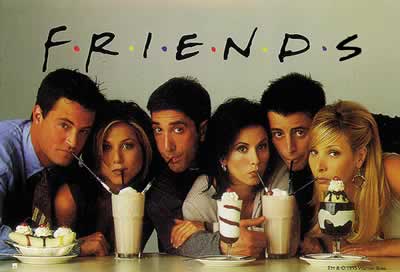Ok, hari ni nak cerita sikit pasal farmasi satelit Hospital
Sultanah Aminah JB (dah 3 minggu tertangguh menulis post ni)…
 |
| Farmasi satelit??? |
Farmasi satelit adalah farmasi yang dilancarkan ke orbit
untuk membekalkan ubat-ubat kepada angkasawan di angkasa lepas…
 |
| Angkasawan pun perlukan ubat juga... Hehe |
Huh? Iye ke?
Tak lah, saje je nak test pengetahuan korang (untuk orang
yang tak tahu lah), mostly pembaca blog saya kalau dikalangan student farmasi
mesti dah tahu kan …
Farmasi Satelit adalah term yang digunakan untuk merujuk
kepada farmasi yang jauh daripada farmasi induk… Biasanya bila hospital akan
mewujudkan beberapa Farmasi satelit untuk menyediakan perkhidmatan kepada
wad-wad yang jauh daripada Farmasi Induk…
Beban kerja di farmasi satelit juga berbeza diantara satu hospital
kepada hospital lain… Bergantung kepada wad yang disservice oleh farmasi tu,
jumlah pesakit yang terlibat, dan perkhidmatan yang ditawarkan oleh farmasi
satelit itu…
Hospital lain kebanyakannya mungkin ada banyak Farmasi
Satelit, tapi di HSA kami cuma ada satu saje, Farmasi Satelit A….
Dalam rotation selama 8 minggu di Farmasi In-patient,PRP HSA
akan bertugas selama seminggu (atau mungkin lebih) di farmasi satelit ni…
Saya rasa Farmasi Satelit A di HSA boleh masuk dalam
kategori farmasi satelit yang sibuk, beban kerja pun lebih sikit daripada
farmasi induk…
Mostly kerana staf di sini kurang berbanding di farmasi
induk… Cuma ada 2 FRP, 3 PPF dan 1PRP (atau 2, bergantung kepada jadual
rotation)… Tu belum consider kalau ada staf yang bercuti, lagi busy…
In addition to that, farmasi satelit HSA juga bertanggung
jawab utk supply ubat kepada medical ward di HSA… medical ward kan lebih sibuk
dan dynamic berbanding surgical ward dan ICU etc (maknanya patient biasanya
terima lebih banyak ubat dan patient tak stay lama dalam ward, mungkin akan di
discharge selepas sehari dua sebab tak kronik)…
Farmasi Satelit HSA juga banyak menguruskan discharge
dispensing dan counselling.. Mungkin kerana agak jauh untuk patient yang
discharge untuk mengambil ubat mereka ke Farmasi A+E di bangunan induk…
 |
| Discharge counseling... Take your time when counseling elderly patients... |
Di Farmasi Induk, kami banyak melakukan berside counselling tapi
sedikit je discharge counselling kerana patient prefer ambil sendiri ubat
discharge di kaunter Farmasi A+E…
Farmasi Satelit A takde langsung buat bedside counselling sebab
kerja yang sedia ada pun dah berlambak kan, so untuk bedside counselling kami
akan relay permintaan untuk bedside kaunseling kepada PRP yang jaga wad…
Oh ya, Farmasi Satelit HSA juga takde perkhidmatan dispense
DD dan Psikotropik drug… Semua ward kena indent DD daripada Farmasi Induk…
Apart from that, sistem kerja di Farmasi Satelit basically sama je
dengan Farmasi Induk… Screening, CDS, filling dan counterchecking semua sama je
caranya…
Ok tu je cerita pasal topik yang tak menarik sangat
ni… Kawan-kawan di Hospital lain mungkin berbeza sikit perkhidmatan Farmasi
Satelit korang kan…
Next post akan bercerita tentang Oncology pharmacist
pulak…








